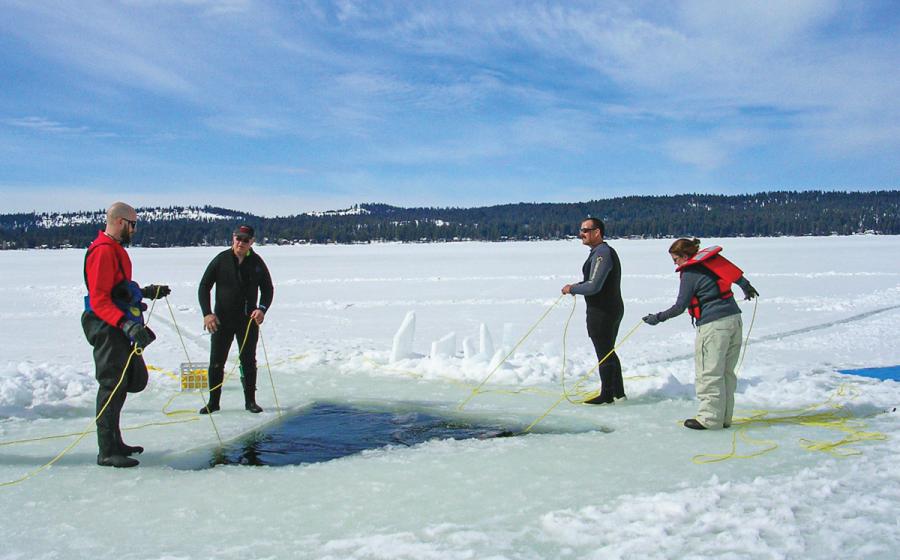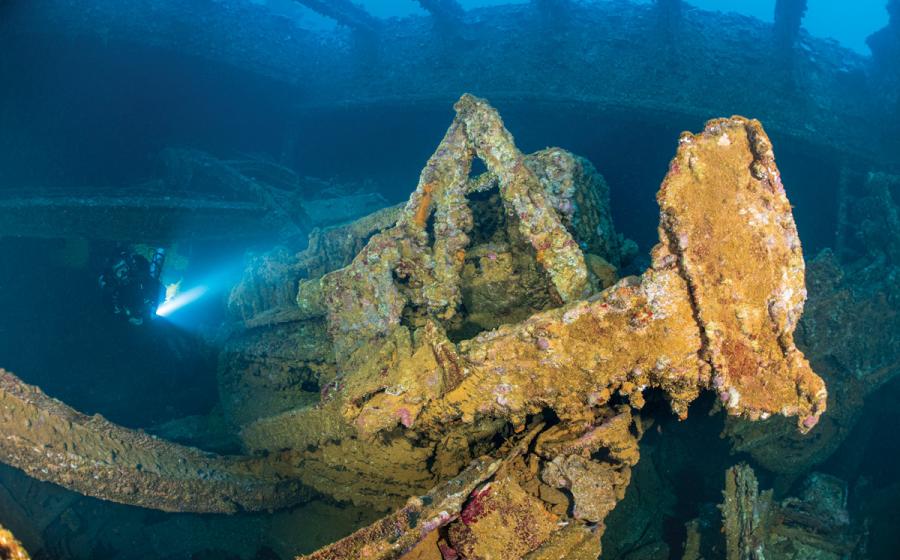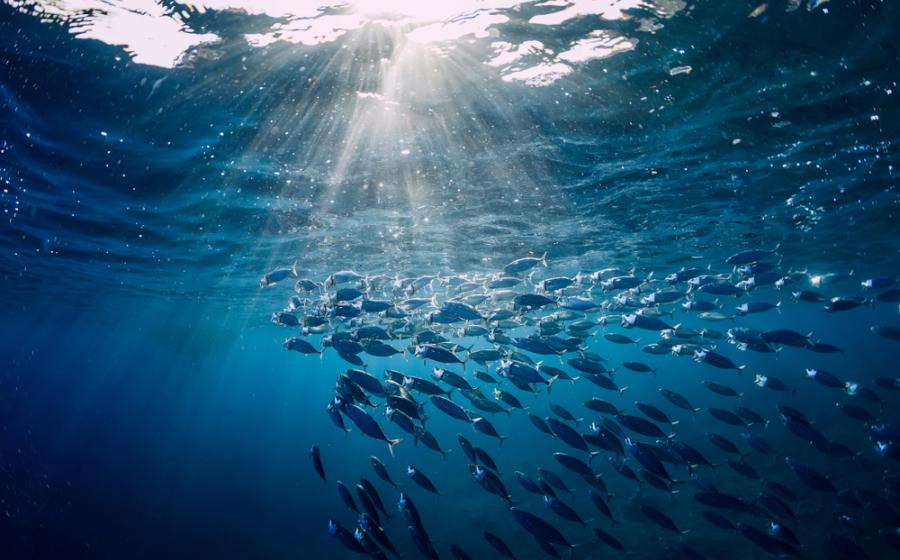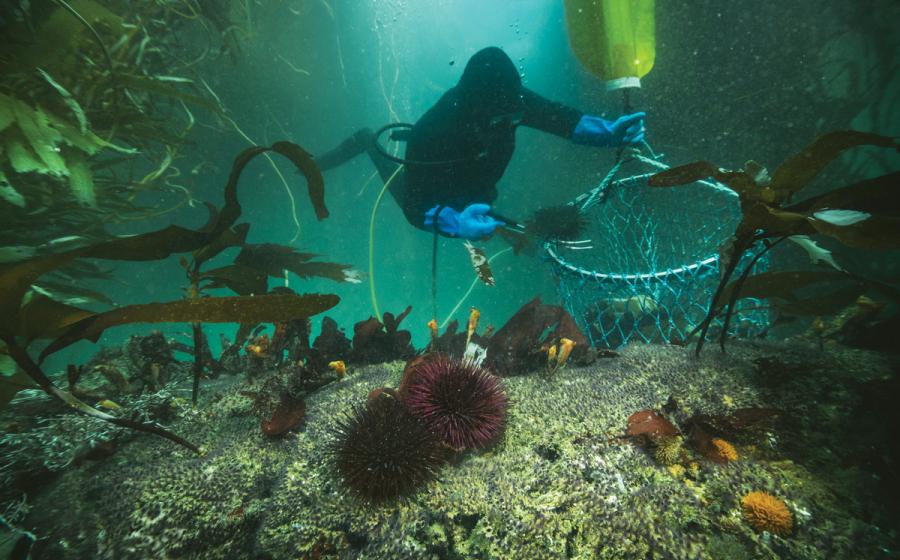The International Fisheries Management Body Divers Should Know About
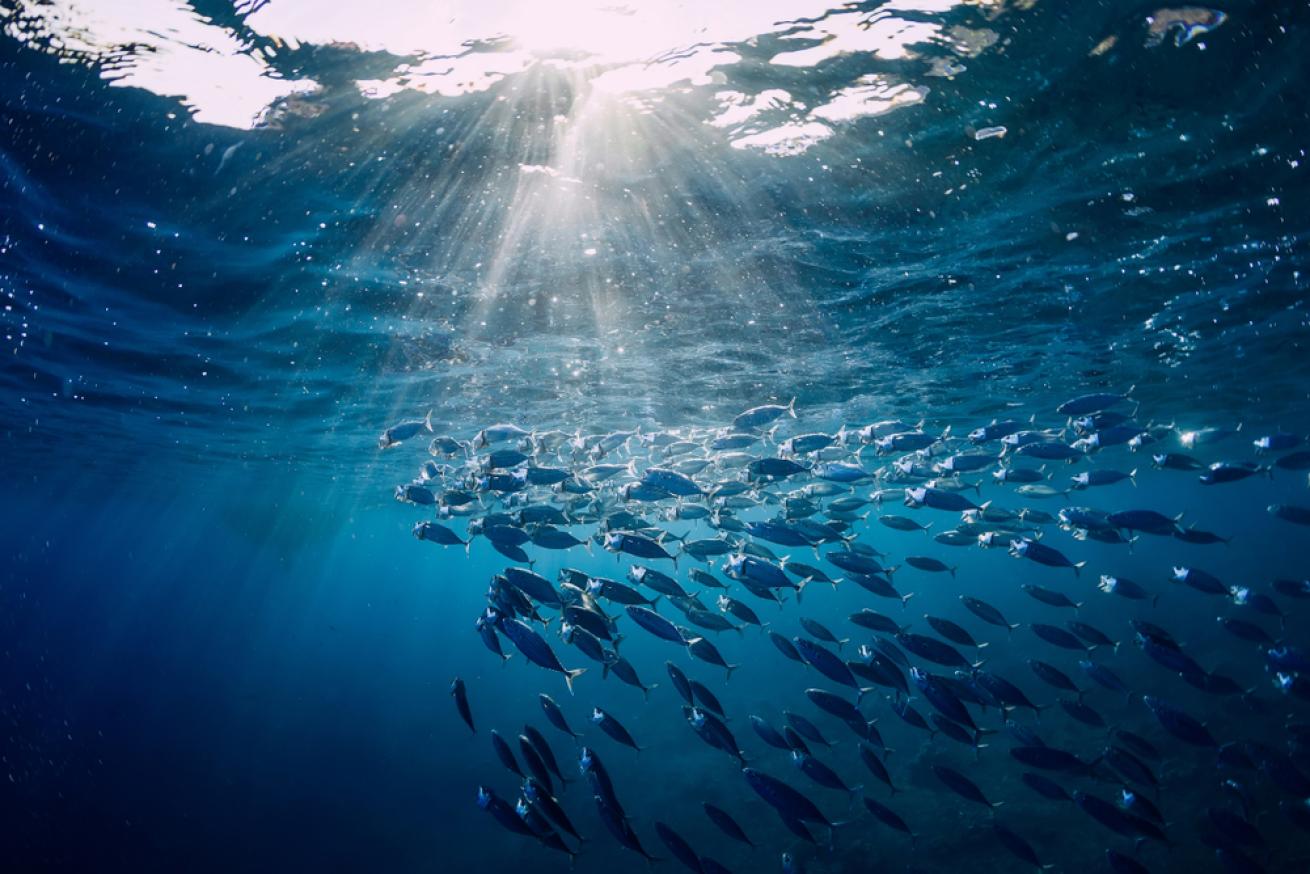
Shutterstock.com/Wonderful NatureRegional Fisheries Management Organizations are necessary to help manage fish stocks
A common misconception about ocean conservation and management is that the “high seas”— parts of the ocean that are beyond national jurisdiction—are a lawless region where anything goes.
While it’s true that it’s easier to govern (and enforce) territorial waters, and some bad things indeed happen in areas beyond national jurisdictions, the reality is that there are rules for these waters. “The high seas are not the Wild West,” Esther Wozniak, a manager with Pew Environment Group’s international fisheries team, told me. “Fisheries in these waters need to be managed because many countries have a stake in making sure that fish resources are sustainably harvested.”
Related Reading: The Coral Classroom: A Lesson in Restoring Reefs and Mobilizing Action
Since areas beyond national jurisdiction are, by definition, not in any one nation’s territory, decisions are made by international agreements. For fisheries, these decisions happen through treaty-established bodies called Regional Fisheries Management Organizations, or RFMOs.
“RFMOs are part of the United Nations Fish Stocks Agreement and the United Nations Convention on the Law of the Sea, and they are where a bunch of countries who share an interest in managing fish stocks in a particular area come together to make decisions,” said Wozniak. “They determine harvest strategies, monitoring rules and data-gathering requirements for fisheries.”
Related Reading: How to Sustainably Celebrate the Holiday Season
There are many RFMOs, but one of the biggest and best-known is the International Commission for the Conservation of Atlantic Tunas (ICCAT). In addition to tuna fisheries (valued at over $5 billion a year and fished by 52 countries), ICCAT rules govern swordfish and sharks that are caught as bycatch in tuna fisheries. ICCAT also has a scientific committee that performs and synthesizes research, issuing reports and recommendations for nations to vote on. Nonprofits and other experts who aren’t affiliated with a member nation can contribute as observers by writing reports and issuing recommendations.
ICCAT’s most recent meeting was in November in Cairo. A coalition of shark-focused nonprofits notes that the 2023 meeting took some positive steps but made some troubling decisions. This mixed legacy isn’t surprising for a group that has earned the derisive nickname of the “International Conspiracy to Catch All Tunas” from some environmentalists.
Divers who want to learn more should sign up for the Pew International Fisheries newsletter. While there usually aren’t opportunities for the public to participate directly in RFMO meetings, you can still get involved. Contact your country’s ICCAT representative before a meeting and urge them to vote for stronger conservation and management rules, the ones advocated by the Pew team.

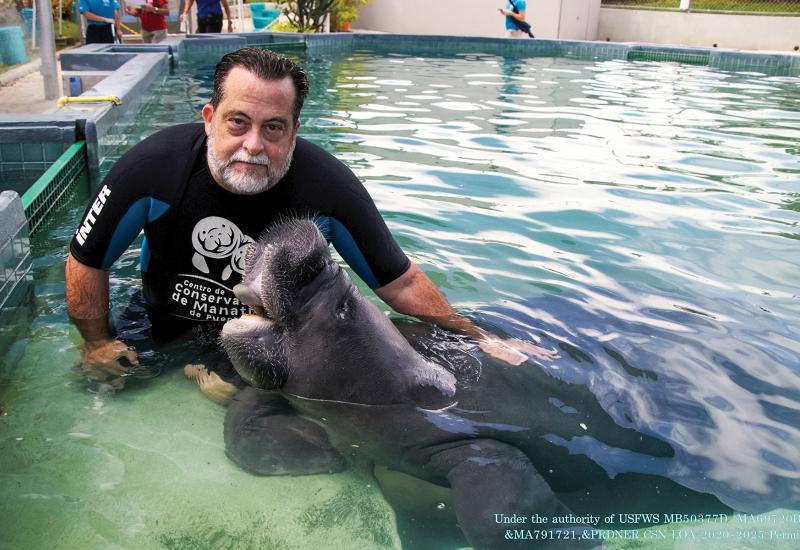
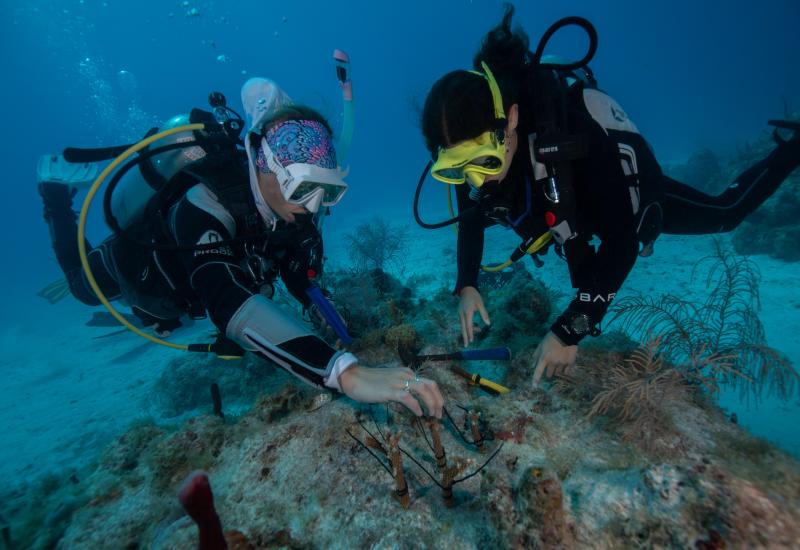
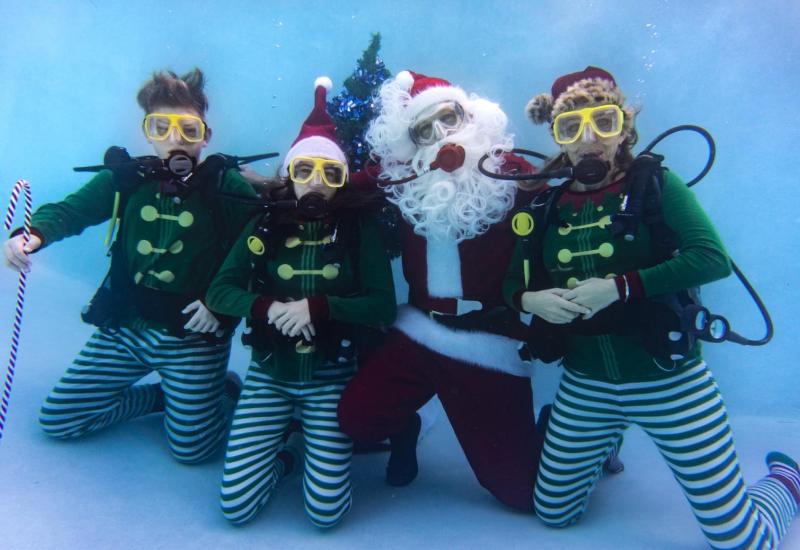
__edit8f67.jpg)


